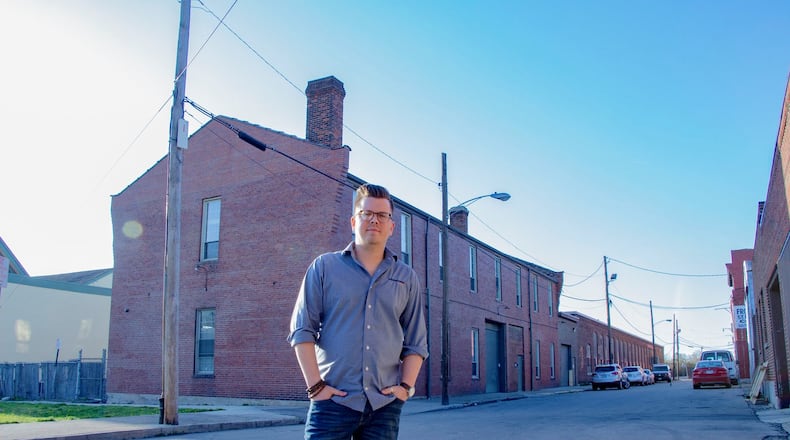MORE: CareSource scrutinized over late payments as new Medicaid work arrives
That’s a sharp increase from 2013, the first year of Affordable Care Act marketplace enrollment, when the average individual premium in Ohio was $2,650.
The uninsured rate has dropped to a historic low with the help of exchanges created by the Affordable Care Act, but for some consumers the cost of insurance on these exchanges has soared to levels that are difficult to manage. Among those affected are startups, which typically don’t have employer-sponsored health benefits.
The cost of health insurance particularly impacts would-be business owners with families that also need health benefits, and individuals might be more able to strike out on their own, said RoShawn Winburn, program director with the Dayton minority business assistance center.
MORE: Higher costs but more options ahead for Ohio ACA insurance
“To some people, they realize it’s going to keep them from going out on their own,” Winburn said.
He said prospective business owners are trying to project if they can provide employee benefits in the long term, and are looking at whether they should have full-time staff or look at a model that uses independent contractors.
“It’s part of sustainability and recruiting top talent,” he said.
There were 230,127 health plans sold through Ohio's exchange during open enrollment for 2018 coverage.
"It makes for a really impossible situation. There's a bubble there. This isn't sustainable."
For the two-person team at JetPack, a downtown Dayton web design startup, roughly $1,000 a month for two individual plans is a major expense — more than the rent on the new office they are preparing to move to.
“When you’re looking at a small startup, an extra $1,000 a month, that’s a lot,” said Eric Ditmer, one of the founders.
Ditmer and co-founder Tony Wartinger say the expense could hold back their ability to scale up. Ditmer has been paying for an individual plan for several years and Wartinger still has employer-sponsored insurance from a different job but is looking at individual plans.
Wartinger said along with the cost of the plans, the local health insurance options on the exchange have more narrow provider networks than his employer-sponsored insurance, which has been discouraging.
“The doctor I go to had zero plans that were covered by the Affordable Care Act,” he said.
MORE: CareSource, one of area’s largest employers, prepares for change
Richard Kaiser, founder of Wilderness Agency, a 10-person creative agency in downtown Dayton, said it’s frustrating to see the cost of health insurance rising faster than wage growth or inflation.
“It makes for a really impossible situation,” he said. “There’s a bubble there. This isn’t sustainable.”
Kaiser said while he’d like to provide health insurance as a benefit, the small business has to make a calculations on where to spend money, like whether to hire more people, give everyone insurance benefits or give that money in raises or bonuses. The cost of giving everyone at Wilderness health insurance is the equivalent of hiring an employee.
With all the mergers and acquisitions going on in health care, he it feels like consumers should be seeing cost savings from consolidated services and less overhead.
“Traditionally you’d try to pass those savings onto your customer. That’s not happening here,” Kaiser said.
About the Author
